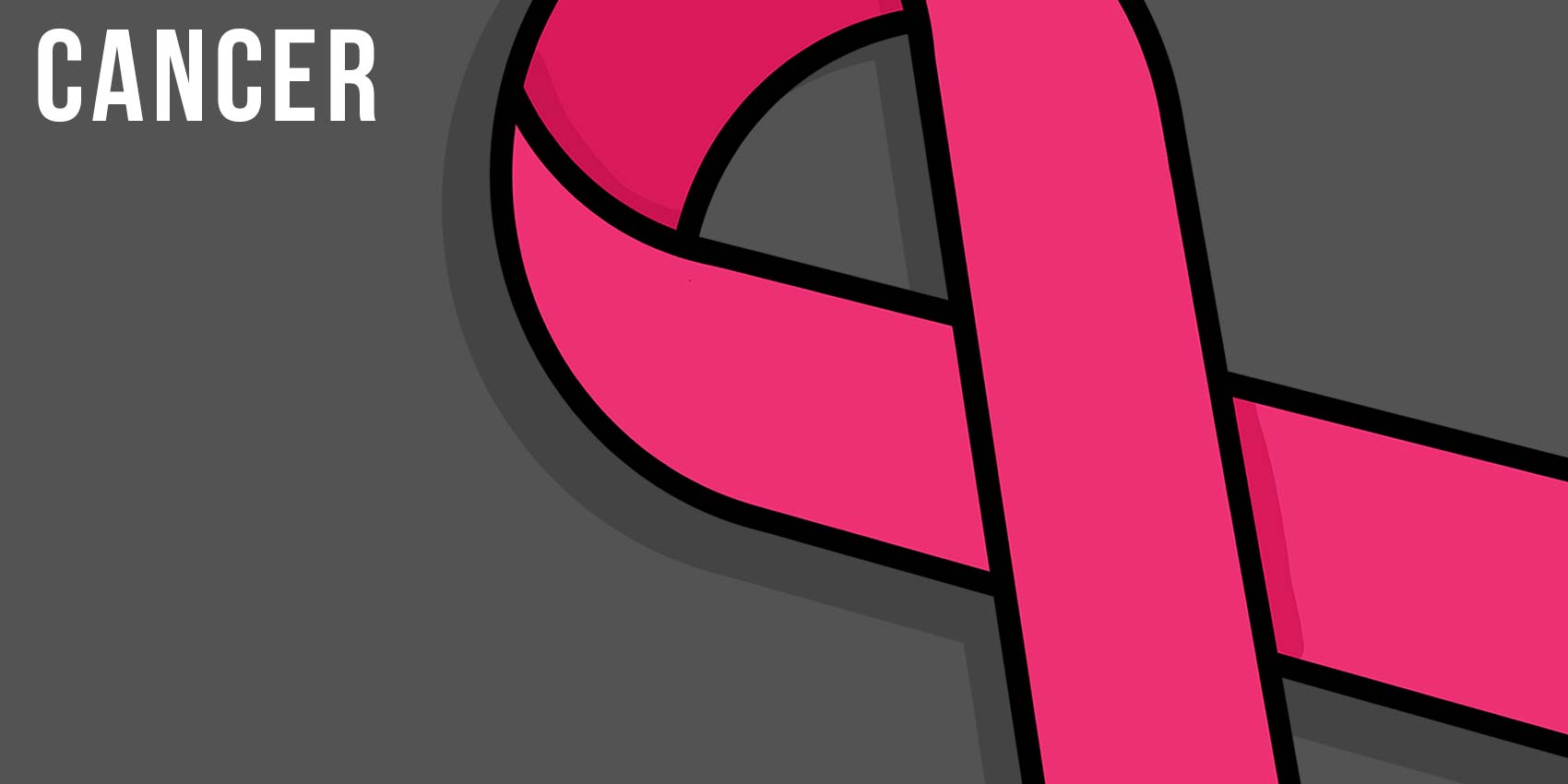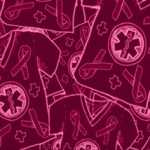14 Feb Cancer

Cancer. Just the word is kind of scary to hear, but what is it? Cancer is the term used to describe a variety of diseases that result from cells dividing uncontrollably and then spreading to different areas of the body. All cells grow and divide, and then they become old and die. But with cancer, cells don’t follow this process so well—they divide in abnormal ways and the old and damaged cells don’t die. Moreover, some new cells can form when they aren’t needed. It’s a cell explosion in some ways, and those ways aren’t good for the body.
There are over 100 different types of cancer and they are usually named according to the birthplace of the cancerous cells: breast cancer starts in breast tissue, cervical cancer in the cervix, lung cancer in the lungs, pancreatic cancer… well, you get the idea. Many of these cancers form tumors which are masses of tissues and are often the way the cancer is detected (this is why women do breast checks and men feel for lumps in their testicles). However some cancers circulate in the blood (such as leukemia) and no tumors are formed in such cases.
Tumors and cysts found in the body are either benign (harmless) or malignant (not so good). Benign tumors are not cancerous and do not spread to other parts of the body. Malignant tumors are cancerous and can spread. When cancer spreads to other tissues it is referred to as metastatic cancer and keeps the name of the place of origin, i.e., pancreatic cancer that spreads to the liver is called metastatic pancreatic cancer, not liver cancer.

DID YOU KNOW? Cancer is the second leading cause of death in the US.
Because the defining feature of cancer cells is that they grow and spread, if cancer is not treated quickly and appropriately it is often deadly. Different cancers are treated differently. If a tumor is present it will be surgically removed. People with cancer often also undergo radiation therapy and/or chemotherapy. These treatments aim to kill the cancerous cells. Unfortunately, they are not sophisticated enough to target just the cancerous cells and so they kill off any fast growing cells—like hair cells which is why people undergoing chemotherapy will often lose their hair.

DID YOU KNOW? Other effective treatments for cancer are immunotherapy, targeted therapy and hormone therapy.
(Source:https://www.cancer.gov/about-cancer/treatment)
Many different factors are involved in the development of cancer. Genetics play a large role in many cancers, so knowing your family history is important for prevention. Other cancers develop when people are exposed to toxins in the environment, like pesticides, fertilizers, car pollution, smoke, etc. This is why we want to be careful about keeping our environment clean. Additionally, as with all NCDs, lifestyle choices play a large role and so a healthy lifestyle can help to minimize your risk of developing these diseases.
Reduce your risk of cancer today:
Eat well! Your food is what helps your body fight disease.
Do not smoke! Smoking is the single major cause of cancer deaths in the US.
Avoid alcohol! Excessive drinking (of alcohol) can increase the risk of several types of cancers. Also, alcohol destroys the liver and the liver is used to clean out the blood. So, if you destroy the organ that is helping to detoxify your body, your body is not being properly detoxified.
Check yourself: Know your body! What kind of odd lumps have appeared lately? You wouldn’t know if you don’t regularly check yourself. Women should conduct breast exams monthly while men should perform a testicular self exam just as often. Always check your skin for new moles or changes… in fact, this is so important, let’s take some time to explore it more….




Post Question:
Do you know someone who has had cancer? Share the story here.
Answer the post question here
What's being said